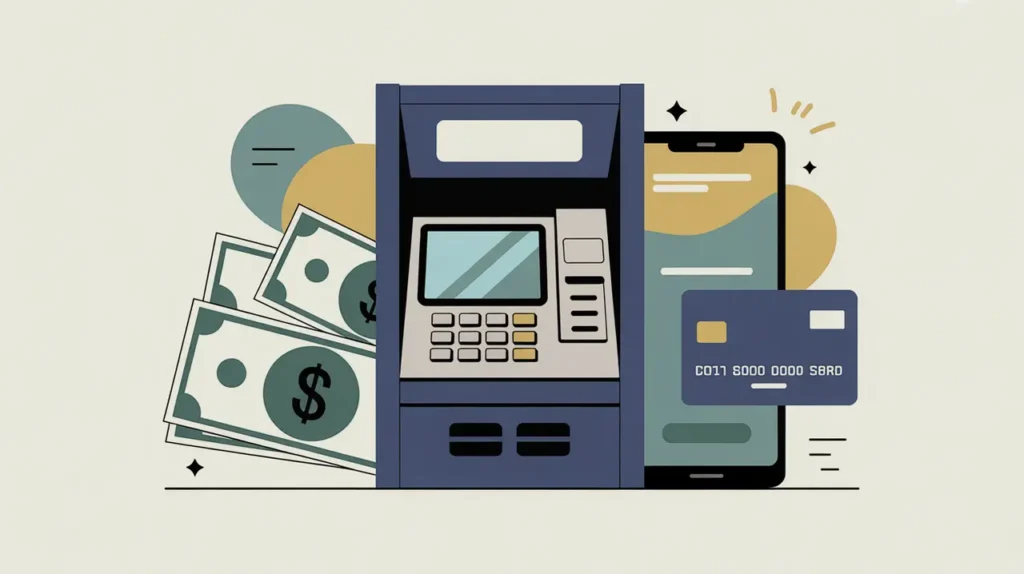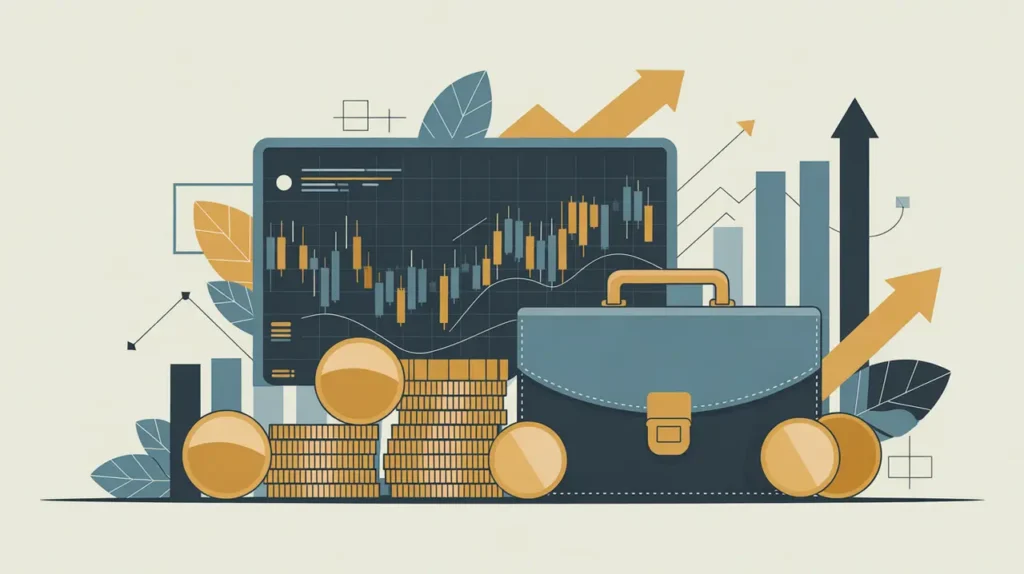Importance of Insurance
Insurance is a critical tool for managing risk, protecting assets, and providing financial security. In international development, it helps households, businesses, and governments recover from shocks such as illness, natural disasters, or economic downturns. For nonprofits and social innovators, insurance matters because it reduces vulnerability, prevents poverty traps, and enables communities to invest in long-term opportunities with greater confidence. Its importance lies in creating stability and resilience in the face of uncertainty.
Definition and Features
Insurance refers to a financial arrangement in which individuals or organizations pay premiums to receive protection against potential future losses. Its defining features include:
- Risk Pooling: spreading risk across many policyholders to reduce individual exposure.
- Premiums and Payouts: regular contributions exchanged for compensation in times of loss.
- Types of Coverage: health, life, property, agricultural, disaster, and microinsurance.
- Regulation: oversight to ensure solvency, fairness, and consumer protection.
How this Works in Practice
In practice, insurance operates through formal companies, cooperative schemes, and community-based models. For example, farmers in climate-vulnerable regions may access index-based crop insurance to protect against drought, while microinsurance schemes provide health coverage to low-income households. Governments often subsidize or regulate insurance markets, while development agencies support pilots and scaling of inclusive insurance products. Challenges include affordability, low awareness, mistrust of providers, and limited infrastructure for claims processing.
Implications for Social Innovation
Insurance has significant implications for social innovation by reducing risk and enabling investment in livelihoods, businesses, and community development. Innovations such as digital insurance platforms, blockchain-based claims systems, and parametric insurance for disasters are expanding access and efficiency. For proximate actors, inclusive insurance models provide security against shocks and strengthen resilience. Insurance is essential for protecting wellbeing and enabling sustainable development.







